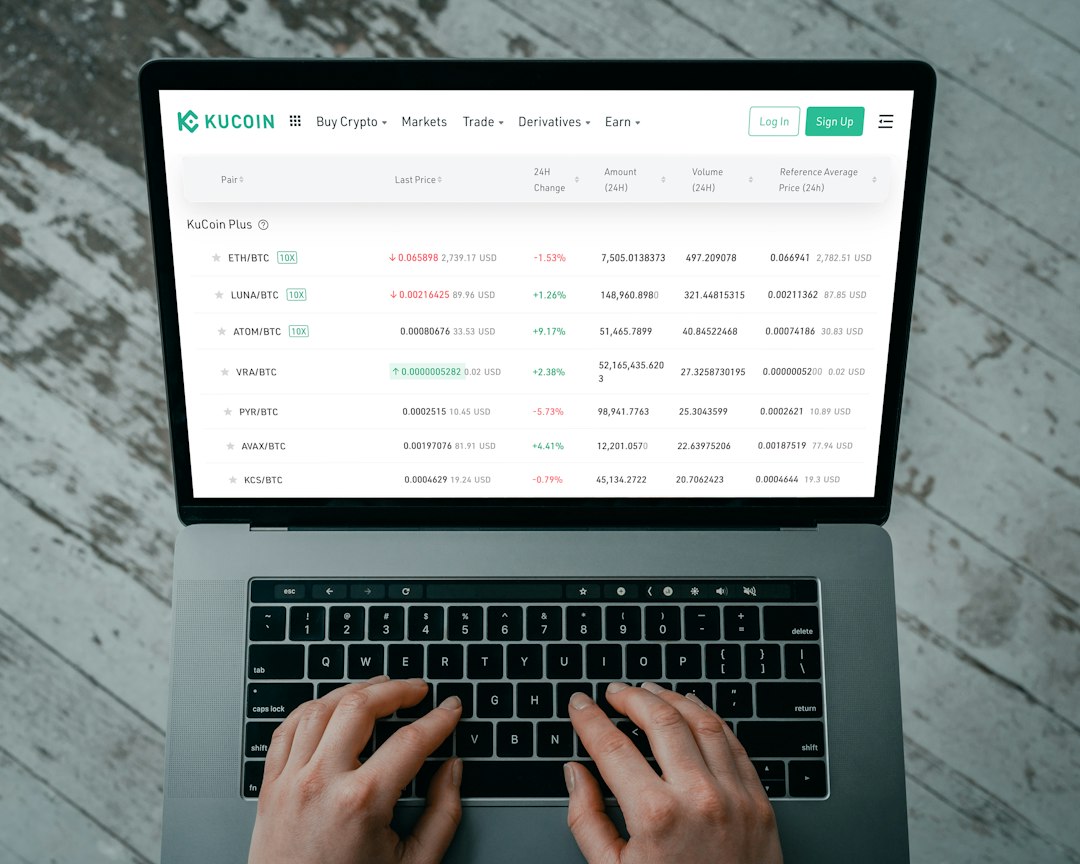Crypto Tokens Plunge as FOMC Expresses Concerns and China’s Economy Worries
The crypto market experienced a significant drop in prices as concerns about inflation and the need for interest rate hikes were expressed by the Federal Open Market Committee (FOMC). China’s economy also contributed to the negative sentiment in the market. Here are the key points:
- Bitcoin fell nearly 8% to below $26,500, reaching its lowest point in two months.
- Ethereum, the largest peer to Bitcoin, declined 7% to $1,680.
- Other top crypto tokens such as BNB, XRP, Dogecoin, Solana, Shiba Inu, Polygon, and Litecoin also traded lower.
- The global cryptocurrency market cap dropped 7.25% to around $1.05 trillion.
- Bitcoin’s market cap declined to $514 billion, with its dominance currently at 48.57%.
The release of the FOMC minutes caused a bearish sentiment in the market, with the Federal Reserve hinting at further rate hikes. As a result, the fear and greed index in the crypto market dropped significantly. Investors experienced losses in liquidations, and BTC broke below its critical support level of $28,000. The devaluation of the Chinese Yuan also contributed to the market decline.
Tech View: Bitcoin’s Potential for Further Declines
According to Sathvik Vishwanath, Co-Founder & CEO of Unocoin, Bitcoin’s recent drop below $27,000 indicates a bearish move with the potential for further declines to $26,000. Breaking below $26,000 could lead to an even deeper decline towards $24,840. However, a positive rally above $30,000 could push the price of Bitcoin to $31,700.
Global Updates: PayPal Temporarily Halts Crypto Purchases in the UK
PayPal has announced that it will temporarily pause the ability for UK customers to buy cryptocurrencies through its platform from October. This decision is in response to new regulations on crypto promotions in the UK, which include stricter rules on advertising and the requirement for warnings about the risks of crypto. PayPal expects to resume crypto purchases in early 2024.
Disclaimer: The views and opinions expressed by the experts are their own and do not represent the views of The Economic Times.





 By
By
 By
By
 By
By
 By
By
 By
By